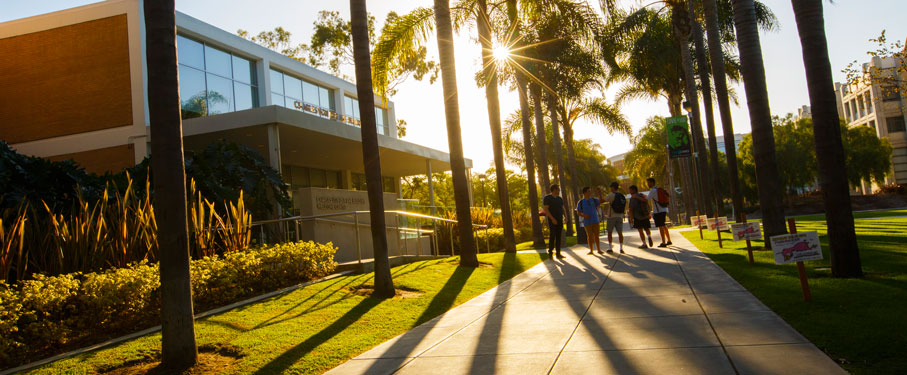
Loyola Marymount University is committed to the legacy of Saint Ignatius Loyola. Our mission — the encouragement of learning, the education of the whole person, the service of faith and the promotion of justice — commits us to providing accurate information and resources for current and prospective undocumented students, their families and allies.
Included is information regarding undocumented students’ access to higher education, safe spaces, enrollment at LMU and more. Academic Affairs and Student Affairs created this resource that is welcoming, inviting and useful to not only undocumented students, but families, friends, allies and the entire LMU community.


